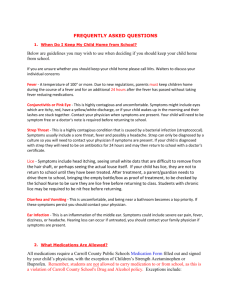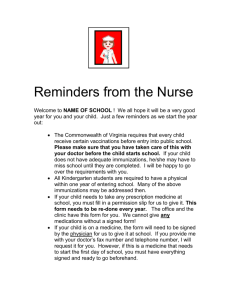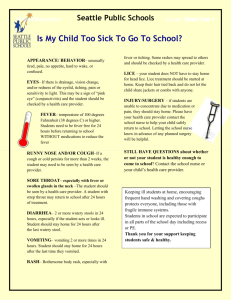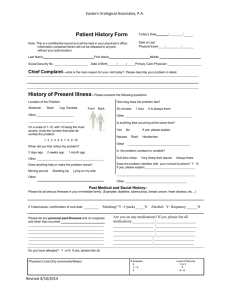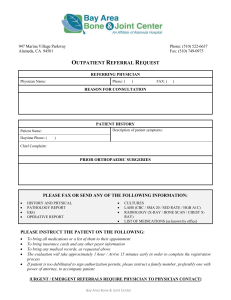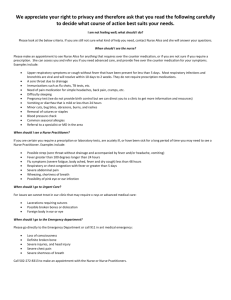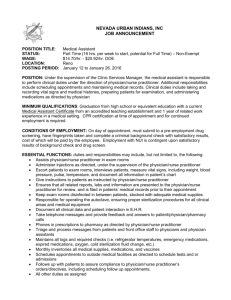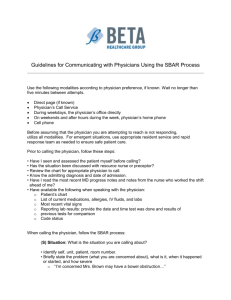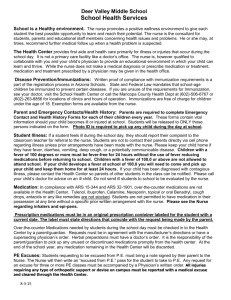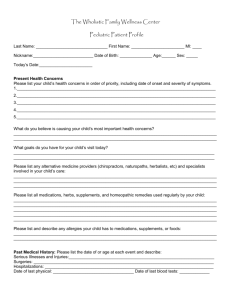School Health Rules 14 - Livingston Parish Public Schools
advertisement
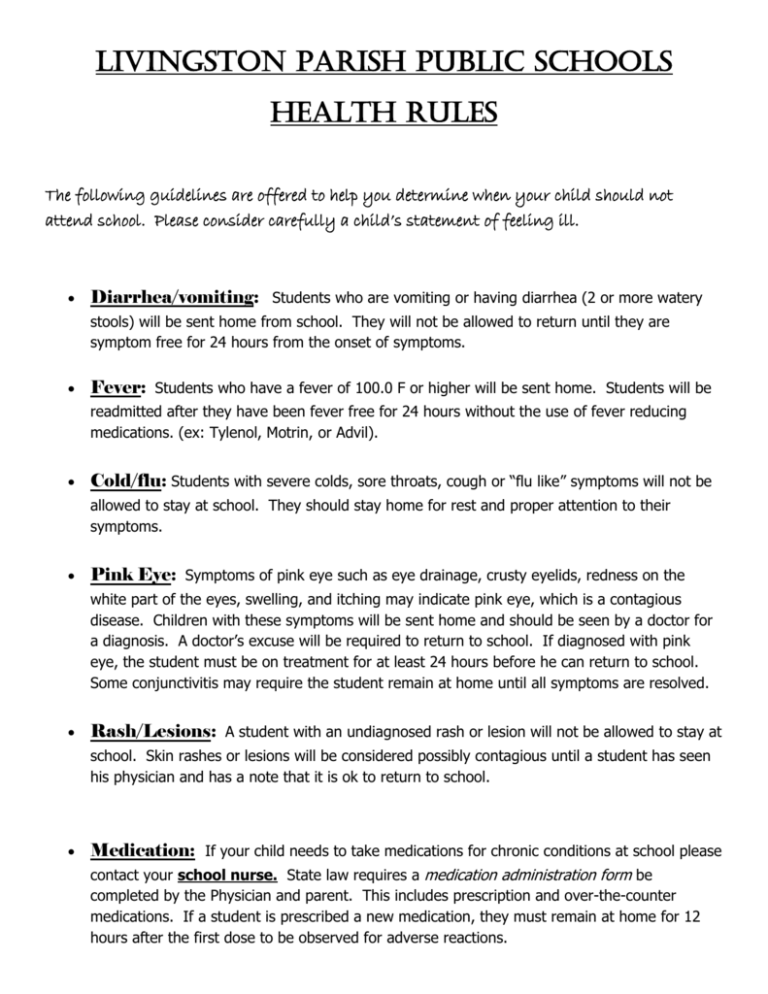
LIVINGSTON PARISH PUBLIC SCHOOLS HEALTH RULES The following guidelines are offered to help you determine when your child should not attend school. Please consider carefully a child’s statement of feeling ill. Diarrhea/vomiting: Students who are vomiting or having diarrhea (2 or more watery stools) will be sent home from school. They will not be allowed to return until they are symptom free for 24 hours from the onset of symptoms. Fever: Students who have a fever of 100.0 F or higher will be sent home. Students will be readmitted after they have been fever free for 24 hours without the use of fever reducing medications. (ex: Tylenol, Motrin, or Advil). Cold/flu: Students with severe colds, sore throats, cough or “flu like” symptoms will not be allowed to stay at school. They should stay home for rest and proper attention to their symptoms. Pink Eye: Symptoms of pink eye such as eye drainage, crusty eyelids, redness on the white part of the eyes, swelling, and itching may indicate pink eye, which is a contagious disease. Children with these symptoms will be sent home and should be seen by a doctor for a diagnosis. A doctor’s excuse will be required to return to school. If diagnosed with pink eye, the student must be on treatment for at least 24 hours before he can return to school. Some conjunctivitis may require the student remain at home until all symptoms are resolved. Rash/Lesions: A student with an undiagnosed rash or lesion will not be allowed to stay at school. Skin rashes or lesions will be considered possibly contagious until a student has seen his physician and has a note that it is ok to return to school. Medication: If your child needs to take medications for chronic conditions at school please contact your school nurse. State law requires a medication administration form be completed by the Physician and parent. This includes prescription and over-the-counter medications. If a student is prescribed a new medication, they must remain at home for 12 hours after the first dose to be observed for adverse reactions. Lice: A student’s hair must be free of nits and bugs in order to remain at school. The student will be readmitted to school after the parent has treated the child and all nits and bugs are removed. After successful treatment, the parent will need to bring the student to the office to be rechecked for lice by school personnel before being allowed to stay at school. It is recommended that parents check their child on a regular basis for signs of head lice. Immunizations: Louisiana State Law Statute LA R.S. 17; 170 All students entering school for the first time shall present evidence of completed immunization records. All students entering 6th grade AND 11 years old or any student that is 11 years old (regardless of grade) shall present evidence of age appropriate vaccinations including a Tdap Booster, Meningitis vaccine, and a second varicella (chickenpox). Students that have not received proper immunizations may not be allowed to come to school if there is an outbreak of a communicable disease at school (Chickenpox, Measles, Pertussis, etc.). By state law, these students must be excluded from the school setting. These absences will not be excused. Parents of students that are unable to receive their immunizations due to medical, religious, or personal reasons must submit a written letter of dissent that has been notarized. If this dissent is due to a medical reason, a written statement from the doctor must be received. Vision/Hearing: Students vision and hearing are screened by the school nurse in Pre-K, Kindergarten, 1st, 3rd, 5th, and 7th grades and from parent or teacher referrals. If a problem is detected notes will be sent home to the parent referring them to their physician for a more complete evaluation. Scoliosis: Students are screened in 6th grade for curvature of the spine. If signs are seen, students will be sent home with a letter referring them to their physician for a more complete evaluation. Medical Conditions: If your child has a chronic medical condition, contact the school nurse annually. Some examples of chronic medical conditions are: Seizures/Epilepsy, diabetes, asthma, celiac disease, severe allergic reactions to insects or food that require use of an Epipen or Benadryl during the school day. A SPECIAL DIET ORDER form is required annually from a physician if your child has specific food allergies. If you have any questions or concerns, you may call Jennifer Wilkinson, RN School Nurse Coordinator at (225)686-4368 or contact the school nurse at your child’s school.
